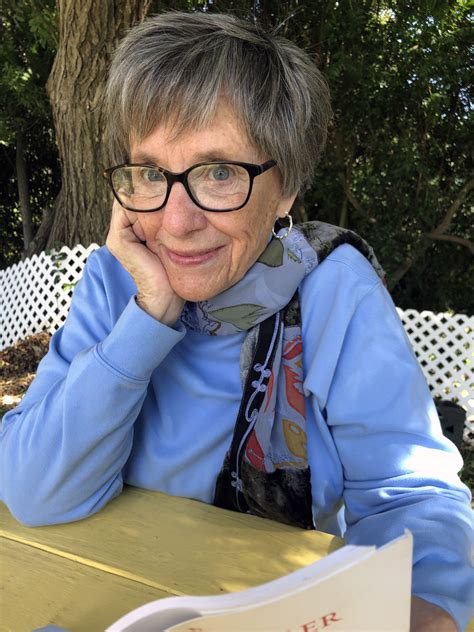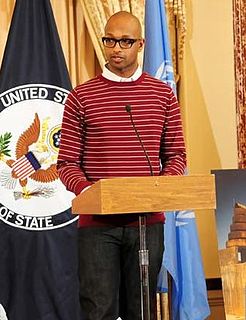A Quote by Margaret Geller
At least in part, people are attracted to subjects where they can identify at a basic level with the people who do it. The extraordinary aesthetic of the natural world is not obvious to someone who never leaves the inner city. Appreciation of the elegance and power of physical law is an acquired taste.
Related Quotes
True gospel authority, the authority to heal and renew things and people, is not finally found in a hierarchical office, a theological argument, a perfect law, or a rational explanation. The Crucified revealed to the world that the real power that changes people and the world is an inner authority that comes from people who have lost, let go, and are re-found on a new level.
New Orleans is a city whose basic industry is the service industry. That's why it makes its money. That's - it brings people to the city. People come to the city and experience the wonders of this extraordinary city and everything else. The question is that, how do we create jobs which are the jobs that have pay, that - living wages?
That the sight of people attracts still other people, is something that city planners and city architectural designers seem to find incomprehensible. They operate on the premise that city people seek the sight of emptiness, obvious order and quiet. Nothing could be less true. The presences of great numbers of people gathered together in cities should not only be frankly accepted as a physical fact... they should also be enjoyed as an asset and their presence celebrated.
People and countries have done an enormous amount of damage in their attempts to bring about the best possible world. Communism is an obvious example. But so is British imperialism, which was not grubby self-interest all the way down, but at least in part a sincere attempt on the part of people who felt they were superior to other people to magnanimously improve the lot of their inferiors.
You will attract everything that you require. If it’s money you need you will attract it. If it’s people you need you’ll attract it. You’ve got to pay attention to what you’re attracted to, because as you hold images of what you want, you’re going to be attracted to things and they’re going to be attracted to you. But it literally moves into physical reality with and through you. And it does that by law. (Bob Proctor)
I remember returning to Bangalore after a few months of travel and seeing it as a first-world city, like New York or San Francisco. This may be obvious to some people, but I grew up in Delhi, and I had no experience of how someone from a 'Tier 2' city may view a 'Tier 1' city. You really do emigrate between worlds when you come from those towns.
All people seem to be divided into'ordinary'and 'extraordinary'. The ordinary people must lead a life of strict obedience and have no right to transgress the law because?theyare ordinary.Whereas the extraordinary people have the right to commit any crime they like and transgress the law in any way just because they happen to be extraordinary.
I lived in lower-income neighborhoods in the inner city. Across the street were dark parts of the world. I've experienced the gamut, from third world to inner city to my parents working their way out of being secretaries and janitors to professors and real-estate people. They've shown me a path of perseverance and hard work in a peaceable way.





































